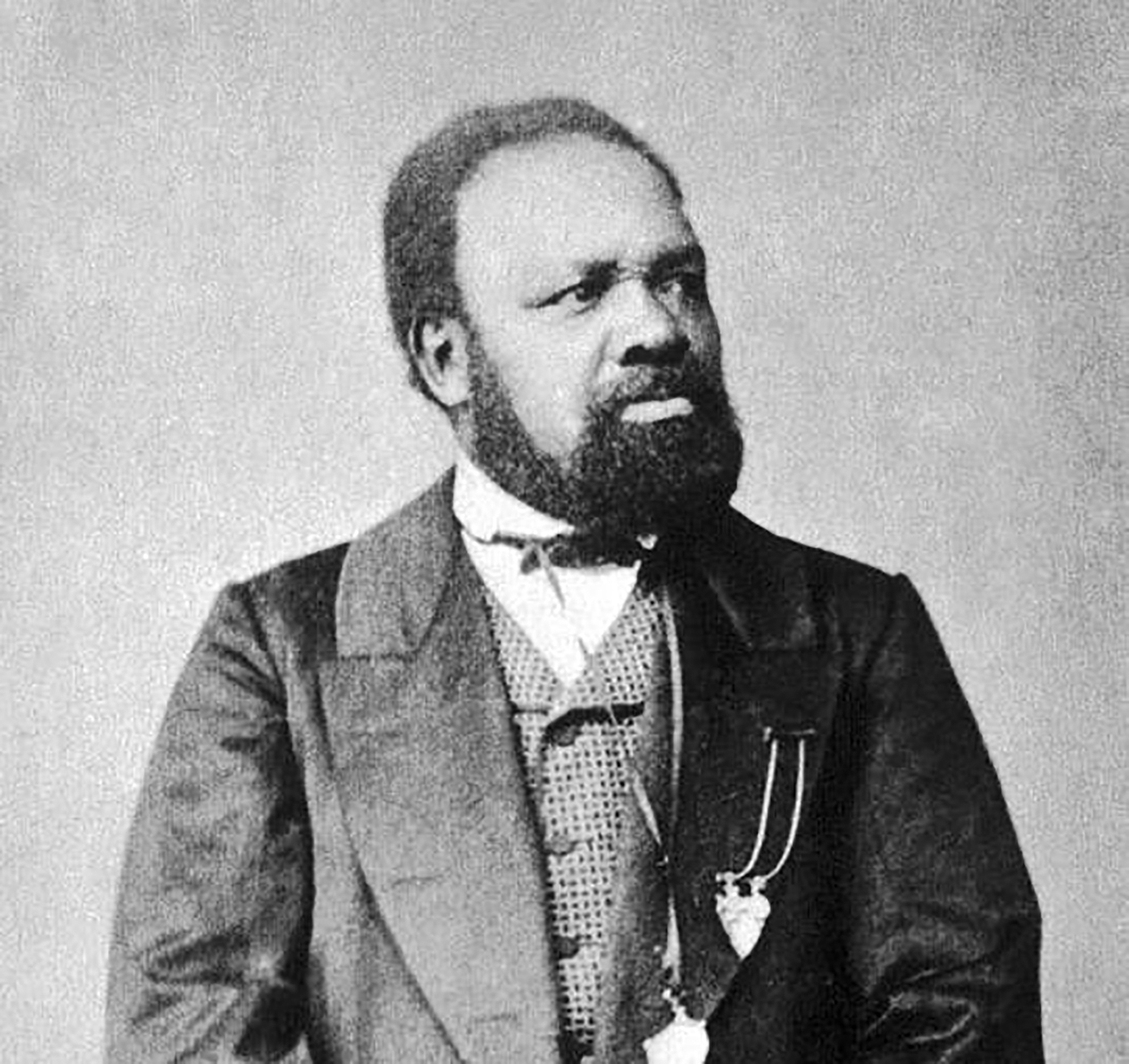Ira Frederick Aldridge, born on July 24, 1807, in New York City, was an African American actor who gained international acclaim in the 19th century, becoming one of the most celebrated Shakespearean actors of his time. Despite the pervasive racism and limited opportunities for black actors in America, Aldridge’s talent and determination propelled him to a remarkable career, predominantly in Europe.
Aldridge was born to Reverend Daniel and Luranah Aldridge, who were free black Americans. His early education took place at the African Free School in New York, an institution dedicated to the education of black children. Here, he was exposed to the works of Shakespeare, which sparked his passion for acting. During his youth, he joined the African Grove Theatre, an all-black theater company in New York, where he performed in various plays, honing his craft and gaining early stage experience.
A child of the sun, black my countenance, yet I stand before you in the light of my soul.
Ira Aldridge
Frustrated by the racial barriers in the United States, Aldridge moved to England in 1824 at the age of 17. He began his European career under the name “Mr. Keene,” a tribute to the famous British actor Edmund Kean. Aldridge’s first major break came in 1825 when he played the role of Othello at the Royalty Theatre in London. His portrayal was groundbreaking, not only for its emotional depth but also because he was one of the first black actors to perform the role in England.
Aldridge’s success in London opened doors to numerous opportunities across Europe. He performed in various cities including Dublin, Edinburgh, and Manchester, earning acclaim for his powerful and emotive performances. Aldridge was not limited to Shakespearean roles; he also excelled in other classical works and contemporary plays. His ability to convey complex emotions and his commanding stage presence captivated audiences and critics alike.
Despite his success, Aldridge faced racial prejudice throughout his career. Critics often commented on his race, and some theaters initially refused to hire him. However, his talent and perseverance gradually won over many skeptics. Aldridge’s performances were lauded for their authenticity and intensity, with some critics comparing him favorably to the leading actors of the day.
As usual the leading man is grumbling about the disadvantage he says he will be at not understanding English. He forgets that I am at a greater disadvantage, his language is understood by the entire audience while I am but partially so. However this is easily got over.
Ira Aldridge
In addition to his theatrical prowess, Aldridge was a vocal advocate for the abolition of slavery. He used his platform to speak out against racial injustice and support the cause of emancipation. His activism and success as an actor made him a prominent figure in both the theater world and the broader fight for civil rights.
Aldridge’s career continued to flourish in Europe, where he became a highly respected and beloved figure. He was awarded numerous honors, including the Gold Medal of Arts from the King of Prussia and the Cross of Leopold from the Emperor of Austria. His contributions to theater were recognized internationally, and he remains a symbol of resilience and excellence.
Ira Aldridge passed away on August 7, 1867, in Łódź, Poland, where he was buried with honors befitting his status. His legacy endures as a pioneer who broke racial barriers and set a high standard for artistic achievement. Aldridge’s life and career continue to inspire actors and advocates for racial equality, reminding us of the power of talent and determination to overcome adversity.
- Ira Aldridge – Wikipedia
- Ira Aldridge (1807-1867) • (blackpast.org)
- Ira Frederick Aldridge | Shakespearean, African-American, 19th-Century | Britannica
- The 19th-Century African-American Actor Who Conquered Europe – Atlas Obscura
- BBC – Shakespeare On Tour – Ira Aldridge – the first black Shakespearean actor
